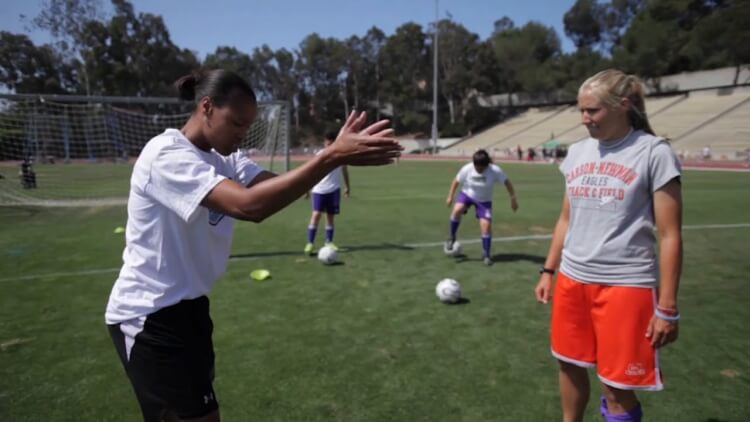Expertise in coaching can be achieved by acquiring specific knowledge related to a particular sport (Côté & Gilbert, 2009). To be an effective coach, one must match his or her expertise within the context of the learning environment, focusing on learner outcomes (Boardley, Kavussanu, & Ring, 2008). Coaches that have achieved this level of effectiveness are often referred to as master teachers. Key characteristics have been demonstrated by master teachers in the context of sport coaching, such as the ability to teach the learner, to provide tactical instruction, and a desire to pursue personal mastery (Gallimore, Gilbert, & Nater, 2014).
During the 2016 National Coaching Conference in Seattle, WA, a panel of five experts in their respected fields shared insight on pursuing mastery as a coach. Based on their role on the panel (educator, ethicist, athletic administrator, researcher, and coach), each panel member shared 1) strategies for coaches to grow personally and professionally, 2) self-assessment methods to evaluate their progress in pursuing mastery, and 3) insight on what coaches can do to maintain a level of expertise?

The panel members included Dr. Steve Jefferies (Educator), Dr. Sharon Stoll (Ethicist), Erin O’Connell (Athletic Administrator), Dr. Wade Gilbert (Researcher), and Swen Nater (Coach). Dr. Pete Van Mullem (Lewis-Clark State College) and Sean Dahlin (Ohio State University) facilitated the panel session.